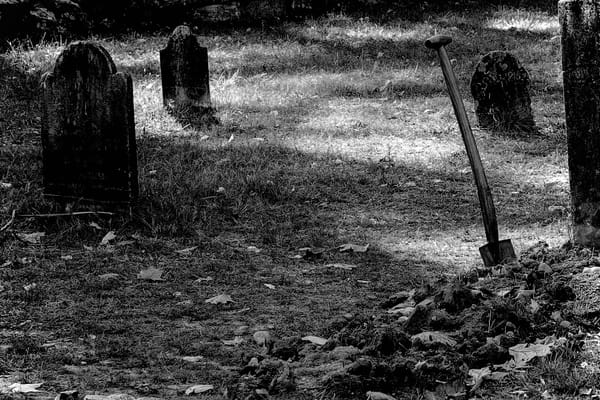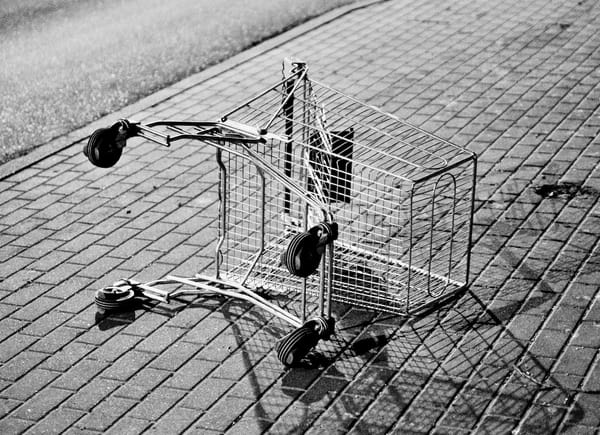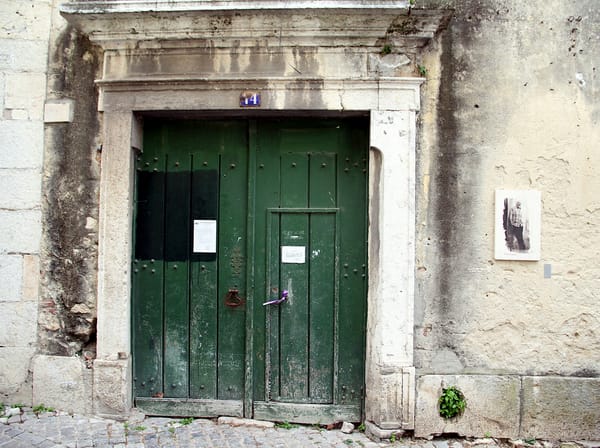'Sad Day for the Circus'
A rural newspaper had headlined it a “sad day” for small European circuses when the bears were forced to repatriate their last trained humans. For almost two centuries, throngs of excited brown bears had packed the stands inside travelling Romanian circus tents. Under the big top, families of bears had roared raspy approval, beaten hairy chests and clapped powerful paws when Anatolie, the wild human, danced and performed circus tricks before audiences. But Anatolie, one of the last performing circus humans in Romania, had become so feeble and traumatised he now struggled to perform for crowds even under the explicit threat of beatings.
Fifty years prior to his repatriation from the circus, Anatolie had lived in the wilds of Romania within a community of free-ranging humans. He’d quickly learned the skills of survival. His self-sufficient community was healthy and underpinned by an unwritten code of shared values. Keeping to the mountain areas, humans respectfully avoided contact with the bears. Bears, being the Earth’s “dominant species,” tended to live in towns and cities. They subjugated and farmed other species including humans.
Anatolie’s abduction from the mountains, as a youth, had occurred during a food-gathering foray. Accompanied by other humans, he hadn’t detected the trap. Stumbling into a snare, Anatolie’s panicked shouts alerted his companions. They eluded the poaching bears and bore the news of Anatolie’s capture back to their community in the wilds. There was great distress within the mountains; escape from poachers was extremely rare.
Sold to a travelling circus, Anatolie was first castrated to ensure his future manageability, then a heavy nose-ring was forced painfully through his nasal septum. It bled constantly when his chain was savagely tugged by the strong paw of his keeper and trainer. Instead of the mountains, Anatolie’s new home was a cube of metal bars mounted on a crude wooden trailer. Beaten regularly to ensure submission, Anatolie endured fifty years of daily helplessness as he performed humiliating “tricks” for the perverse enjoyment of roaring audiences. He was beaten with a cane and had the chain in his septum roughly jerked until he mastered each new skill. Only then did his furry keepers “reward” him with enough food to stave off starvation. Squatting morosely in his lice-infested cage prior to big-top performances, he endured the taunts of excited young cubs squealing with delight at being in the close proximity of a wild human. More adventurous cubs prodded him with sticks, threw stones through the bars, or laughed and snorted hysterically as Anatolie scratched tormentedly at body lice, or defecated and urinated in his prison.
But not all bears supported the caging of wild animals such as humans. Tagged as being “woke” and opposed to the exploitation of circus animals, social momentum began to foment change. Submissions were brought to the Parliament, and groups of bears lobbied politicians, highlighting the fact that many other European countries had already banned the use of wild animals in circuses. Through the pressure of being shamed into action, allied with a shift in the moral conscience of the general public, the Romanian bears passed legislation in 2017 banning the use of wild animals in circuses.
Anatolie had endured captivity for almost fifty years and lost his innate ability to forage for food or be predator-aware. Even his ability to communicate with other wild humans had deteriorated. Severely traumatised, Anatolie could never be released into the wilds again. His nose ring and chain were removed before he was relocated to a sanctuary in Romania’s Carpathian Mountains. This was an area where other repatriated humans could live their remaining days with a sliver of freedom, re-learning to socialise amongst their own species. Park-rangers provided shelter, food and protection from poachers; skills the freed humans had lost.
After fifty years of submission, humiliation and trauma, Anatolie instinctively performed small dance steps when fed by the rangers. He continued this sad response for eighteen months after his “rescue” until a vet determined he was to be euthanased, aged sixty-four, due to recurring infections in his damaged nasal septum. As the intubation began its work and his consciousness leaked away on that lonely veterinarian’s gurney, Anatolie summoned up a final image in his head, a fleeting snapshot. His childhood home in the wild mountains appeared momentarily as a retinal burn on his brain before shattering into fragments, fading away and ultimately being consumed by white light.
Lamenting the 2017 passing of legislation banning the use of wild animals in Romanian circuses, a conservative newspaper had eulogised on the loss of another European tradition – performing animals. Its throwaway headline, ‘Sad Day for the Circus,’ demonstrated an inability to read the room, and an appalling lack of compassion for the plight of captured and exploited wild animals.


